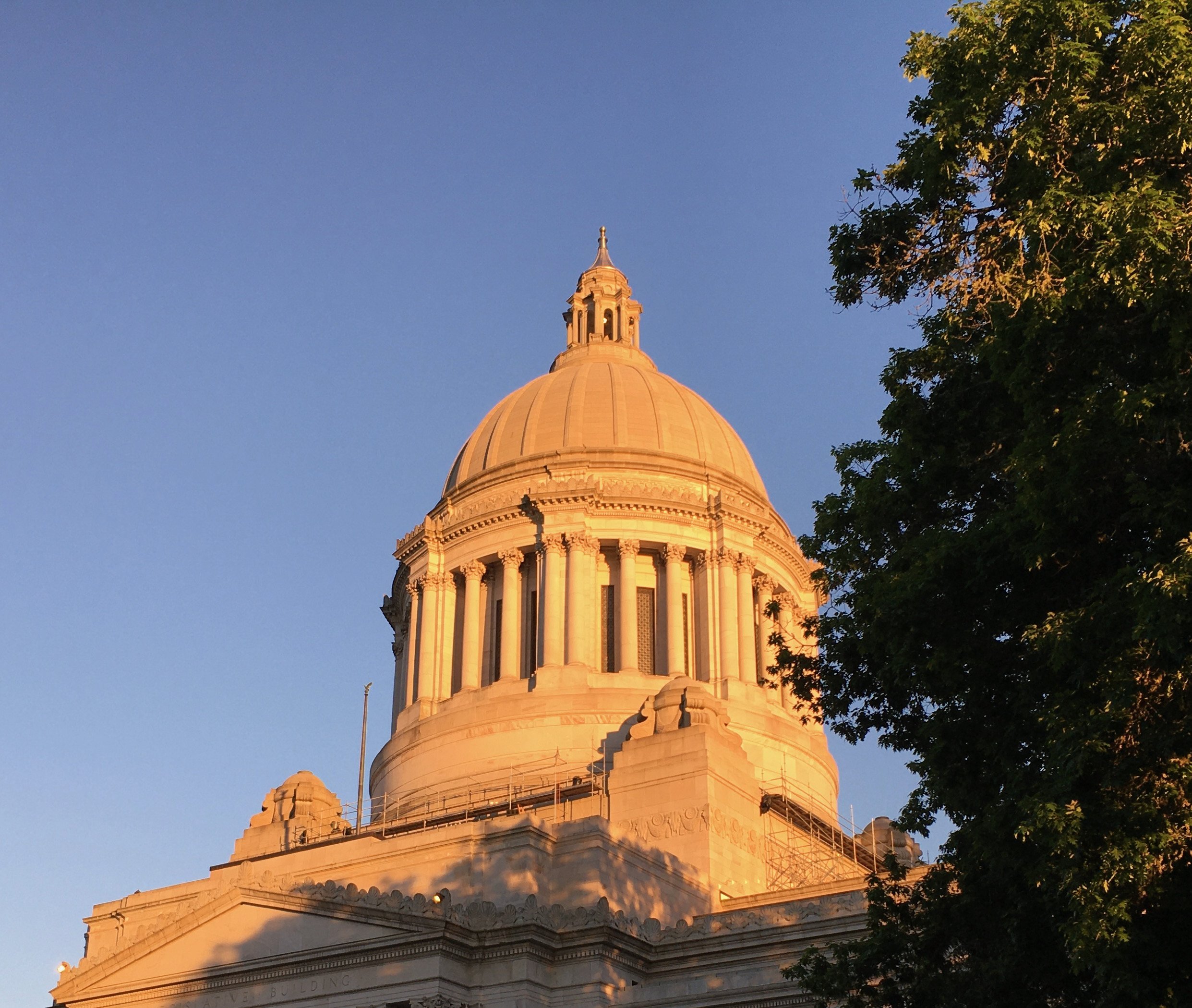
Video Resources
Open Public Meetings Act – Exemptions
Open Public Meetings—Doors Open, Shut
While public meetings are presumed open, there are times when it may be in the citizens’ best interest to let government boards, commissions, councils, trustees and committees discuss some business in secret. However, government officers do not have to meet in secret closed sessions or executive sessions even if the law allows them to. Exemptions to the Washington State Open Public Meetings Act (OPMA—RCW 42.30) are not mandatory.
The OPMA provides for closed meetings in two circumstances. First, certain meetings may be closed because the OPMA is deemed not to apply to such meetings. Second, agencies are permitted, under certain circumstances, to have a closed executive session.
Mandatory or discretionary closure
The areas not covered by the Act and the executive session exemptions are all discretionary. In other words, there is no requirement that such meetings be closed. The only other exemption to the OPMA, other than as set forth above, is the situation where there is a public disturbance. In such case, the governing body may order the room cleared of the public and the meeting may continue; however, members of the news media who were not involved in the disturbance are allowed to remain (RCW 42.30.050).
Other statutory requirements for closed or open meetings
Before convening an executive session, the presiding officer of an open public meeting must publicly announce both the purpose for excluding the public and the time at which the executive session is to conclude (RCW 42.30.110(2)). There is no similar requirement with respect to meetings to which the Act does not apply. Minutes are not required during closed or executive sessions; however, if such minutes are made they must be made promptly.
Court mandated opening, closing of public meetings
No decisions have mandated that specific future meetings of a public meeting entity be open or closed. Instead, the courts have ruled on numerous occasions that based on the facts before them, closed meetings did or did not violate the Act:
Miller v. City of Tacoma, 138 Wn.2d 318, 979 P.2d 429 (1999) the court ruled city council members’ informal balloting to fill commission position should have occurred in an open meeting instead of the closed executive session;
Protect the Peninsula’s Future v. Clallam County, 66 Wn. App. 671, 833 P.2d 406 (1992) an executive session was improper where review of shoreline permit application involved matter of substantial importance to the public;
Walla Walla Union-Bulletin v. Walla Walla County Commission, 15 Media L. Rep. 1208 (1988) noted that a closed commission meeting violated OPMA;
Port Townsend Publishing Co. v. Brown, 8 Wn. App. 80, 567 P.2d 664 (1977) determined there was no violation where closed session of county commission involved Comprehensive Employment and Training Act.
Special Note: The information provided above was excerpted from “Open Government Guide” prepared for Reporters Committee for Freedom of the Press, Sixth Edition, 2011, and from ”Guide to Government Information Access” prepared by the Western Washington Chapter, Society of Professional Journalists, 2010. The complete publications are available through the Washington Coalition for Open Government.
